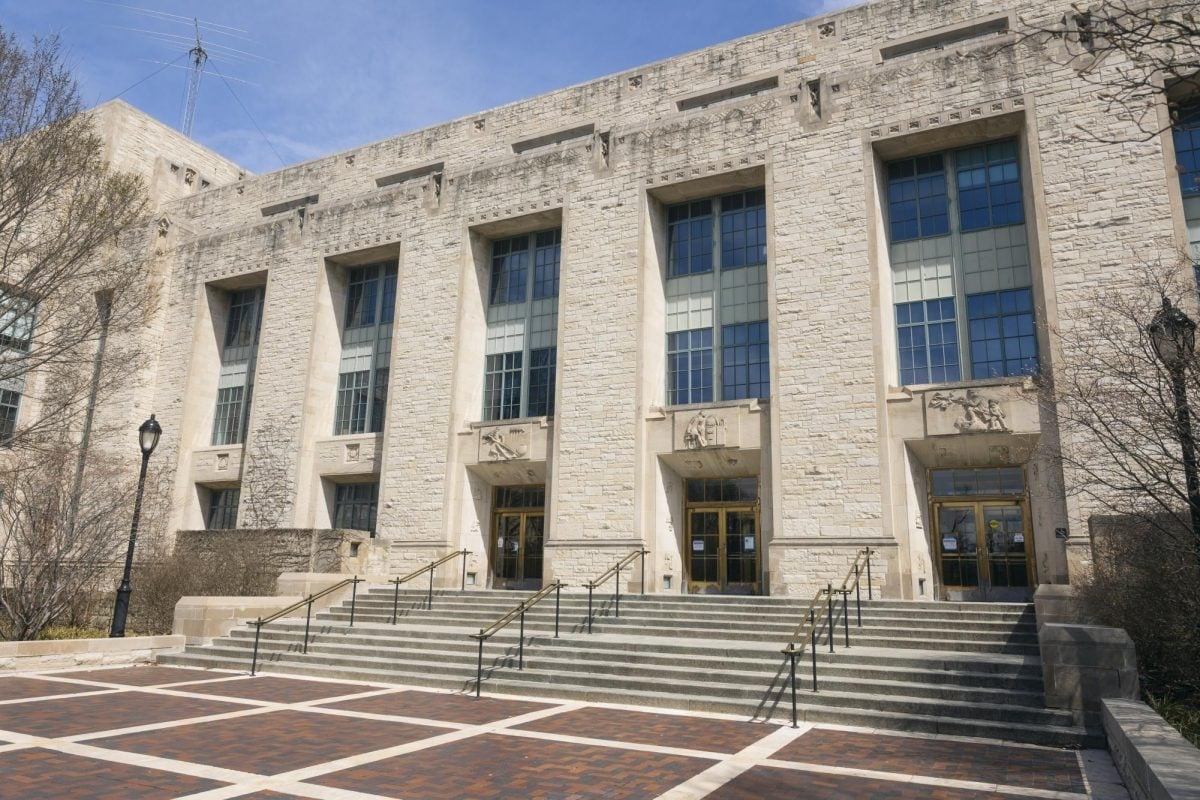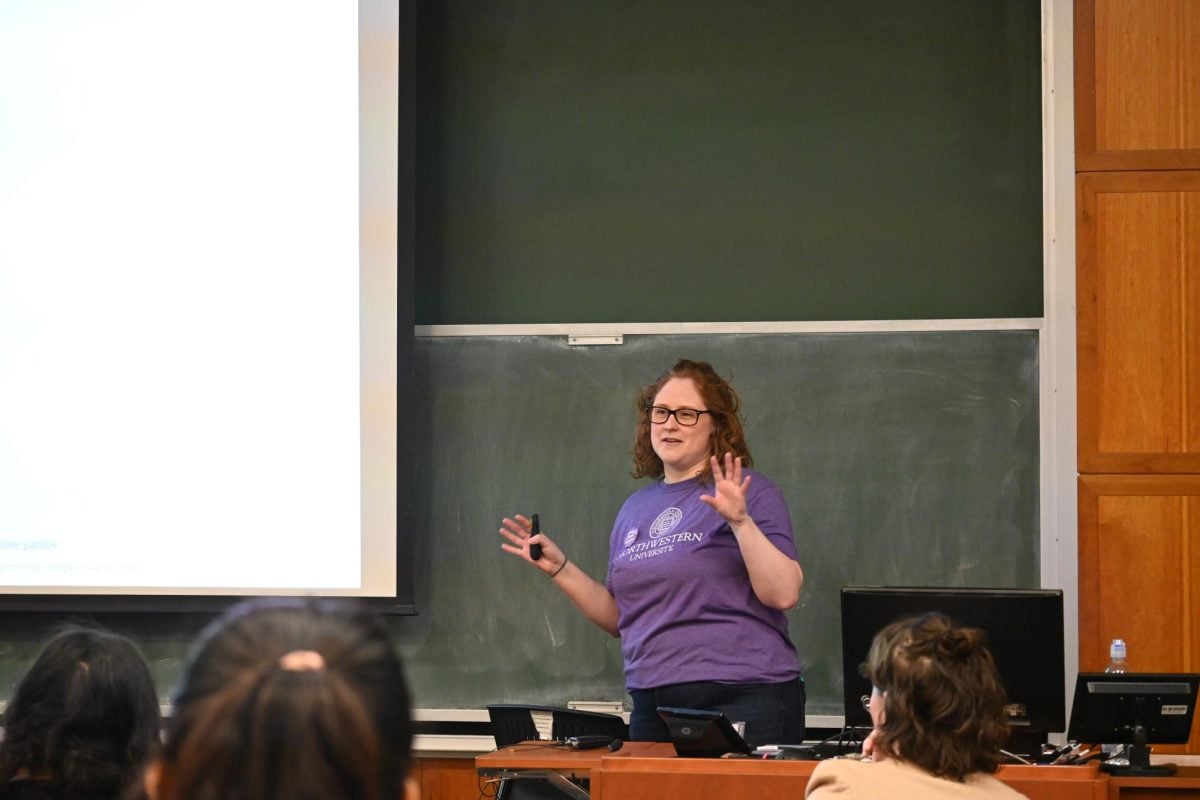A Northwestern degree may not be the ticket to a full-time job immediately after graduation, even for students who choose NU’s pre-professional majors.
According to a new Georgetown University study of the college majors with the highest unemployment rate among recent college graduates, three of the pre-professional majors offered by NU – engineering, journalism, and education – are in the 15 worst fields for job placement, with unemployment rates of 7.5 percent, 7.3 percent and 5.4 percent respectively. The overall unemployment rate for those with a bachelor’s degree or higher is 4.1 percent, less than half the national average of 8.5 percent.
Medill senior Ranjani Chakraborty said as a student in a pre-professional major she is struggling to find a job for next year.
“There are plenty of people who have been in the industry who have more experience than us,” she said. “It’s really hard to find entry-level positions because people are either looking for unpaid interns or they’re looking for senior positions, so it’s hard to find things in between.”
Chakraborty said she felt the University could do more to help students in pre-professional tracks find employment. She noted that despite Medill’s prestige, it suffers from a lack of news organizations who come to the school’s career fairs looking to hire recent graduates. University Career Services could not be reached for comment.
Along with economic factors, Medill students are also dealing with an industry that is rapidly changing. According to the Pew Research Center, the number of newspaper newsroom jobs has fallen 30 percent since 2000, largely thanks to a precipitous drop in circulation brought on by increased Internet use.
Medill senior Zoe Jennings said she is not even looking for a journalism job right out of college. She hopes to start work with federal service program Americorps or in a national park, she said.
“While I’m in my 20s and I’m independent enough that I don’t have that many responsibilities or things that tie me down, I want to do something very impermanent and something that tests me on a not-as-academic level,” Jennings said.
Jennings said the University could do more to encourage students in pre-professional majors to explore other paths after graduation.
“I’ve felt as though the culture often times points to it as being a strange option to be doing something that maybe you didn’t study for and maybe the skills you learned in your classes aren’t going to help you that much,” she said. “It feels like a strange choice.”
Even NU’s professional schools are feeling the effects of the down economy. The Northwestern University Law School is perennially in the top 14 of US News & World Report’s rankings, traditionally thought to be the key to law firm placement. However, according to data from 2010 just released by the school, just 62 percent of employed graduates of the class of 2010 found jobs in firms, down from 73 percent of those from the previous four classes.
“It’s a lot tougher now,” said Bill Chamberlain, the assistant dean of the Law School’s Center for Career Strategy. “In 2006-2007, for the majority of students, it was basically about coming in to the on-campus interview program wearing a suit, doing a number of callbacks, and accepting an offer, but now for many students the job search has been prolonged.”
Weinberg senior Josh Levin said the shrinking job market for students with law degrees has not dissuaded him from choosing law school as his post-graduation path.
“I have a particular set of academic interests that I really thought law school could give me the tools to make a difference in,” Levin said. “I’m very conscious of the fact that the legal market has really shrunk and it’s more competitive than it’s ever been before, but I think that it’s also a little overdramatized.”
Levin said he was confident enough in his employability to make the investment to go to law school. Chamberlain agreed with those sentiments, warning against overreaction to the numbers.
“The majority of our students who want the big firm jobs still get them, but not as large a majority as did back five or six years ago,” he said.







